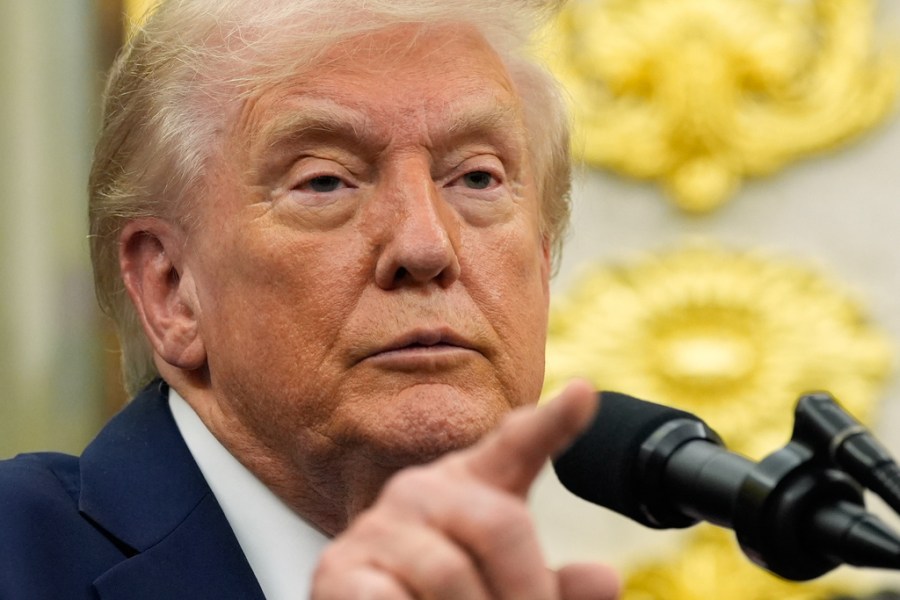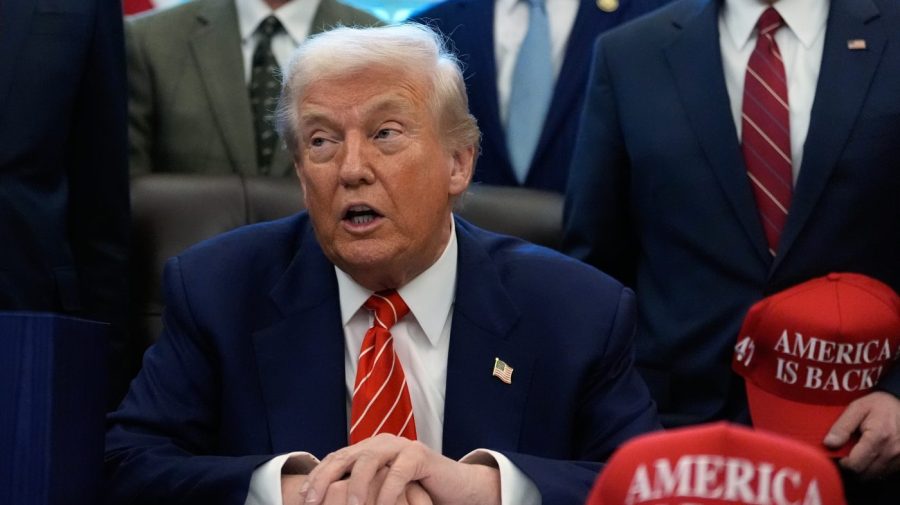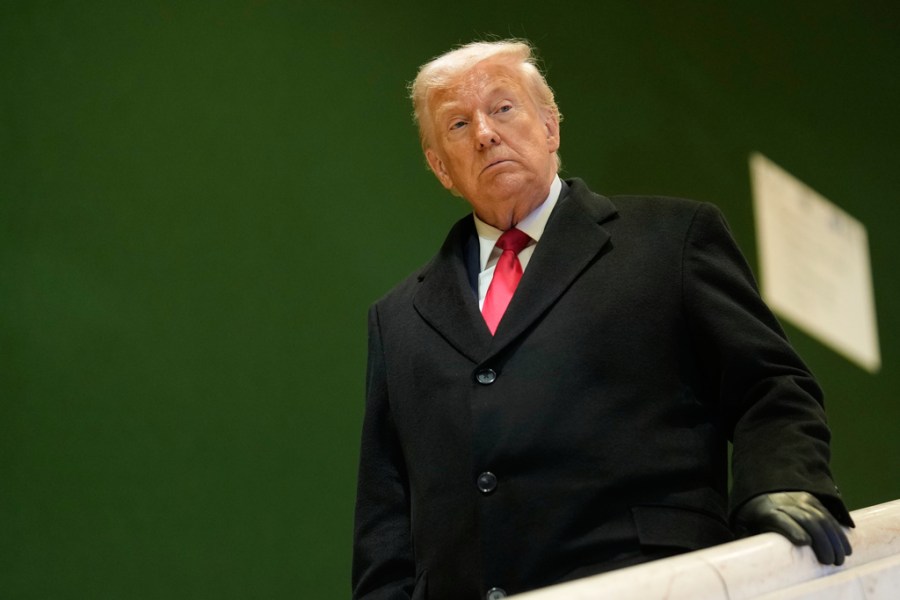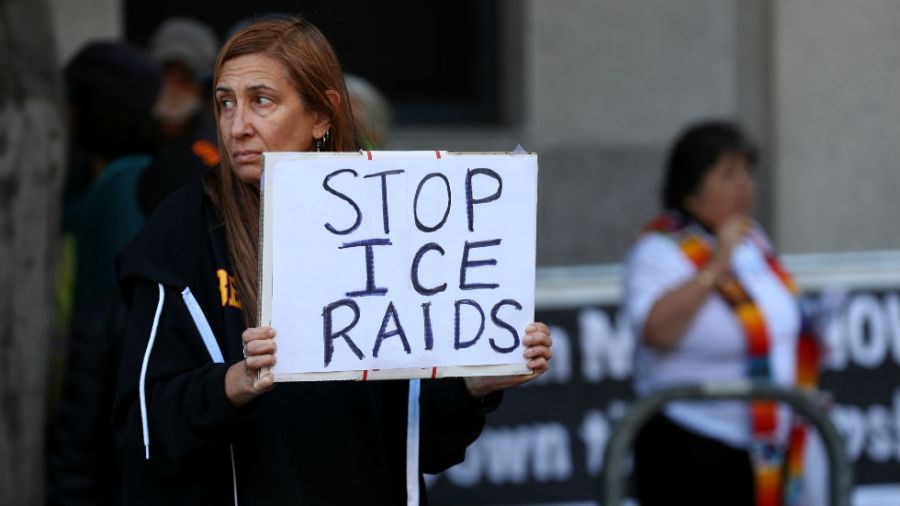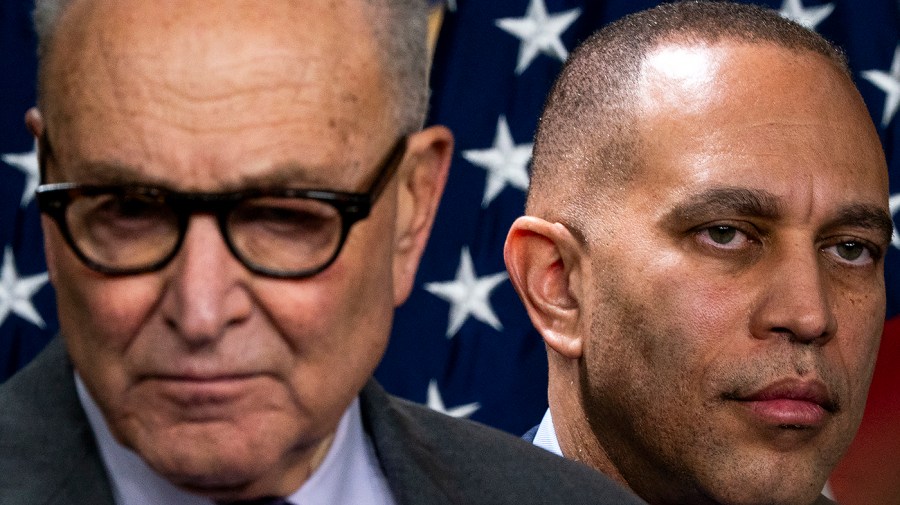
Sometimes the title of a book says it all. And such is the case with the late, great David McCullough’s recently released collection of essays: “History Matters.”
In the first two sentences of the book, McCullough tells us why this is: “History tells us how to behave. History teaches, reinforces what we believe, what we stand for, and what we must be prepared to stand for.” Making no effort to understand our history, McCullough says, “This is not just ignorance, but rudeness. It is a form of ungratefulness.”
But one thing about history: People who are living through historical times are not necessarily aware of it. In the last century, Americans who transitioned from a manufacturing economy to a service economy did not decide to make history. They just needed jobs, and they moved to where the new jobs were.
By the same measure, most Americans today do not realize that we are witnessing a historic change in governance: the disappearance of the US Congress as a meaningful and essential institution. It didn’t happen overnight, but we are getting closer to the point where Congress no longer matters.
Seriously, when was the last time you remember Congress passing any significant legislation? Important achievements like Medicare, the Clean Air Act, the Voting Rights Act or the Civil Rights Act are no longer possible. This 119th Congress, like the past few sessions, is unable to examine, debate, and resolve such important issues. It can’t even handle its most basic tasks keep the government running,
Sadly, history will show that no one captured the Congress or snatched its power. Its wounds are self-inflicted. Whether out of laziness, lack of courage, or complete party allegiance over what was best for the country, members of Congress gradually gave up their powers, beginning with the power to declare war.
The Constitution is clear: under Article 1, Section 8Only Congress has the power to declare war. Yet Congress has not used that power since World War II. In 1950, President Harry Truman bypassed Congress and ordered US military intervention on the Korean Peninsula. Since then, every US war – Vietnam, the Gulf War, Afghanistan and Iraq – has been started by a president. Congress has ceded its war-making power to the President and is unlikely to ever get it back.
This year, Congress made another major concession, willingly giving up its most prized responsibility: control over federal spending. Again, the Constitution is clear. Only Congress has the power of purse. A President cannot refuse to spend money already appropriated by Congress – unless he delegates that power to the President, which he already has.
In July, the Republican-controlled House and Senate voted to allow President Trump withdrew $9 billion Funding for foreign aid and public broadcasting has already been approved by Congress. Even though $9 billion is a small portion of the total federal budget, Forbes magazine called it a “tectonic shift”. In the balance of powers and Congress may soon regret it. Because, again, once the ultimate spending power is handed over to the White House, they will never get it back.
But, as historian Douglas Brinkley revealed in a recent speech to the White House Historical Association, presidents have consistently diminished the power of the legislative branch by issuing executive orders. This is a practice used by every president since George Washington for some of the most significant measures taken by the US.
The Emancipation Proclamation was an executive order issued by President Lincoln, not an Act of Congress. President Teddy Roosevelt used an executive order to protect the Grand Canyon and create 150 national forests. President Franklin Roosevelt used it to shape the New Deal, start the Manhattan Project, and force the internment of Japanese-Americans. Truman used it to desegregate the armed forces. President Kennedy used it to create the Peace Corps.
Of course, President Trump is particularly fond of executive orders. He signed 26 on his first day in office and continued to sign more of them, almost every day. But, with one A total of 209 people signed till 9 OctoberThere’s still a long way to go to defeat him 3,721 signed by FDR,
Executive orders have one fatal flaw: They are not permanent. Any executive order issued by a president can be rescinded by an executive order signed by his successor, as Trump has repeatedly done for Joe Biden. But they all have the same purpose: to expand the powers of the President and weaken the powers of Congress.
So much for the balance of power designed by James Madison. Who needs Congress now?
bill press is the host ofbill press podHe is the author of “From left: A life in the crossfire,







